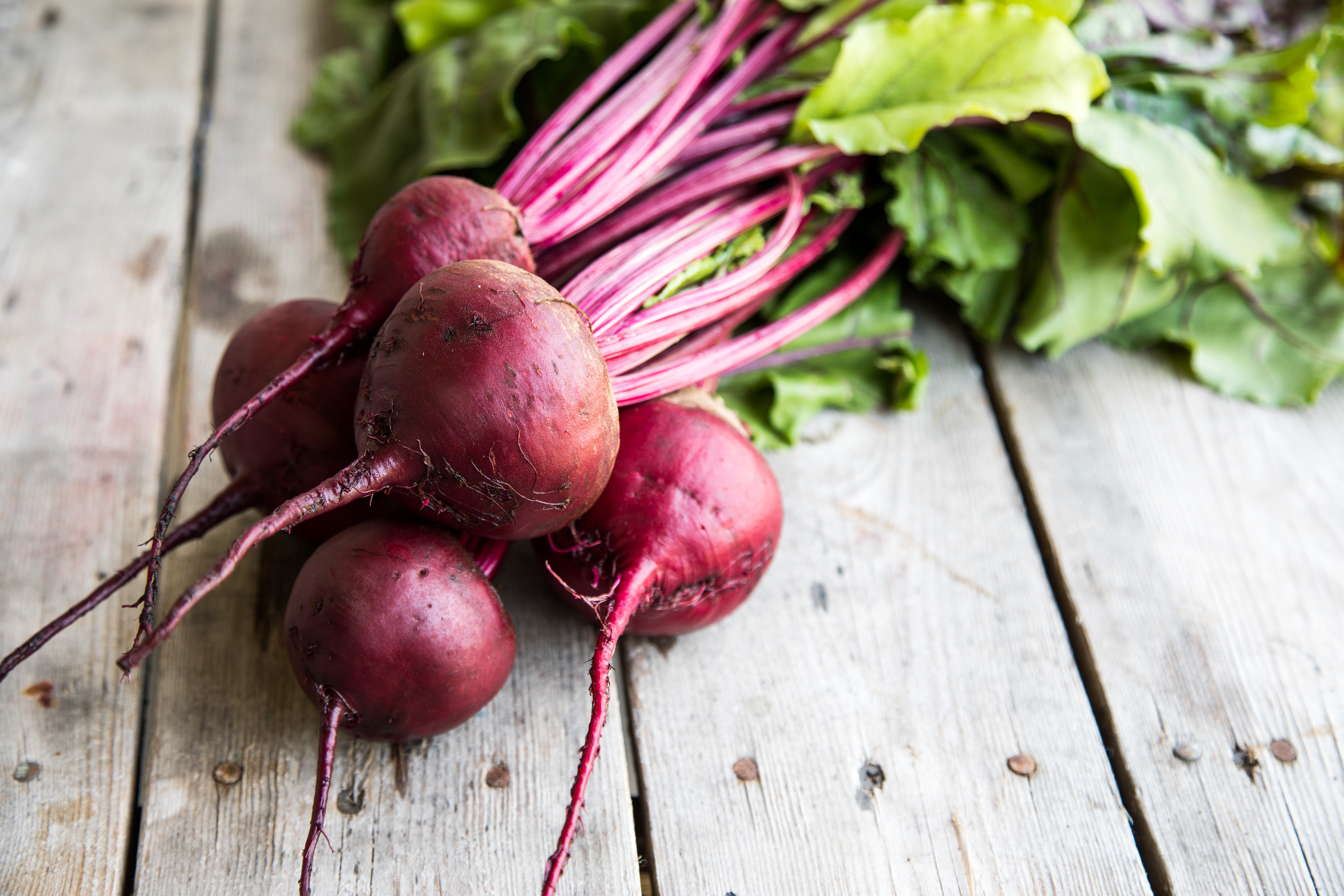
Healthy and tasty: Red and black superpower for your body, mind and soul
Some vegetables are just remarkable: They are tasty, healthy and usable in a diverse way.
Two of them are beetroot and black cumin. Both are predestined for kitchen-experiments as well as miracles regarding their effects.
Wether cold or warm: Beetroot is an outstanding energy contributor and source of numerous advantageous ingredients. Those, who processes beetroot without using gloves, end up with red dyed hands due to the colorant Betanin. People, who do not like the intense taste of it or want to safe time use Beetroot capsules or juice instead. The effect of the superpower vegetable is the same, the intake easier and seasonally independent.
Fresh Beetroots are available during autumn and winter. They contain several vitamins such as B1, B2, B6, C as well as folic acid. Beside vitamins it contains mineral nutrients such as potassium, iron, magnesium, manganese, phosphor, selenium and zinc.
Natural and vegan throughout the whole year
Both beetroot as well as black cumin match well a modern, healthy and vegan lifestyle. It also fits into the world of “clean-eating”, depicting fresh products that do not contain artificial additives and are used as well as produced in an environmentally friendly manner.
Black cumin fits well into this concept. Though it is not to be mistaken as regular cumin, which belongs into our regular spice shelf. Aromatically it rather tastes like nuts, savory or thyme. Stemming from west-asia, the plant suits to produce black cumin oil.
It further contains substances, that our body does not produce naturally: unsaturated fatty acids and amino acids. Compared to beet root, black cumin contains a number of vitamins (Vitamin B, C and E) and mineral nutrients such as magnesium, selenium, biotin, beta-carotene and folic acid. Black cumin is available as spice in form of seeds, oil or capsules.
Particularly with regard to a vegan diet beet root and black cumin can be consumed in various forms as plant-based supplements.

